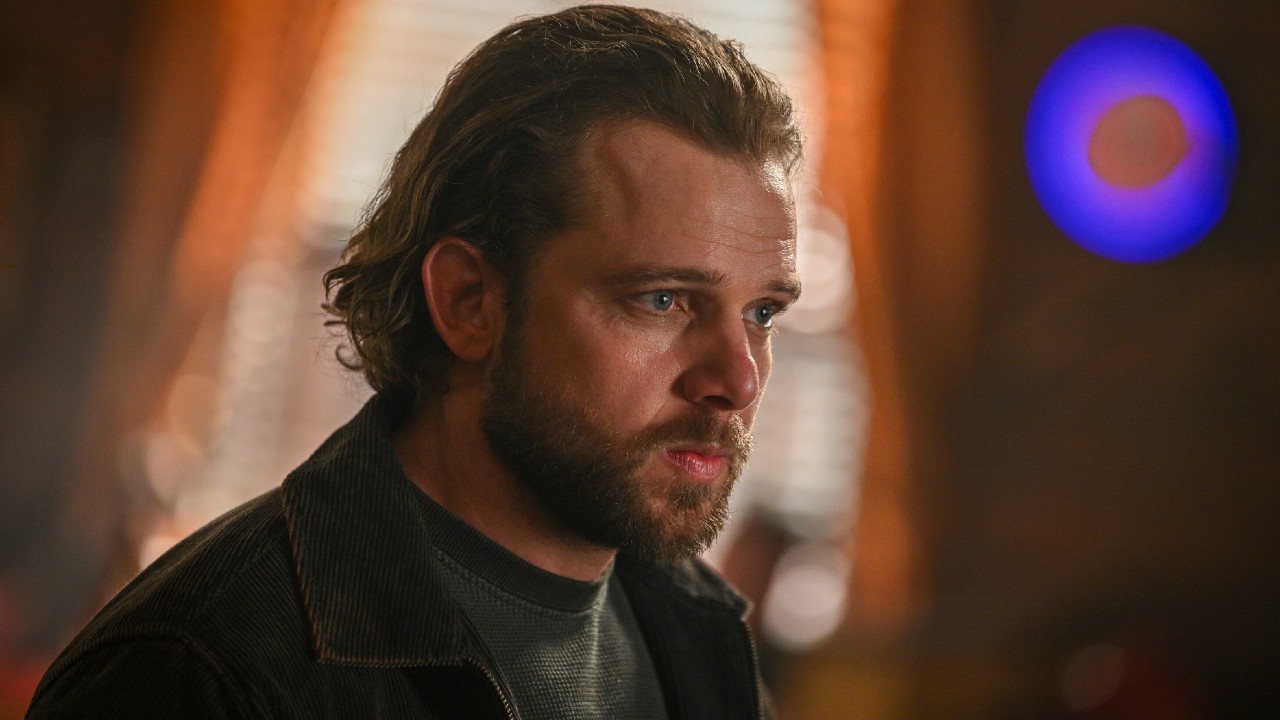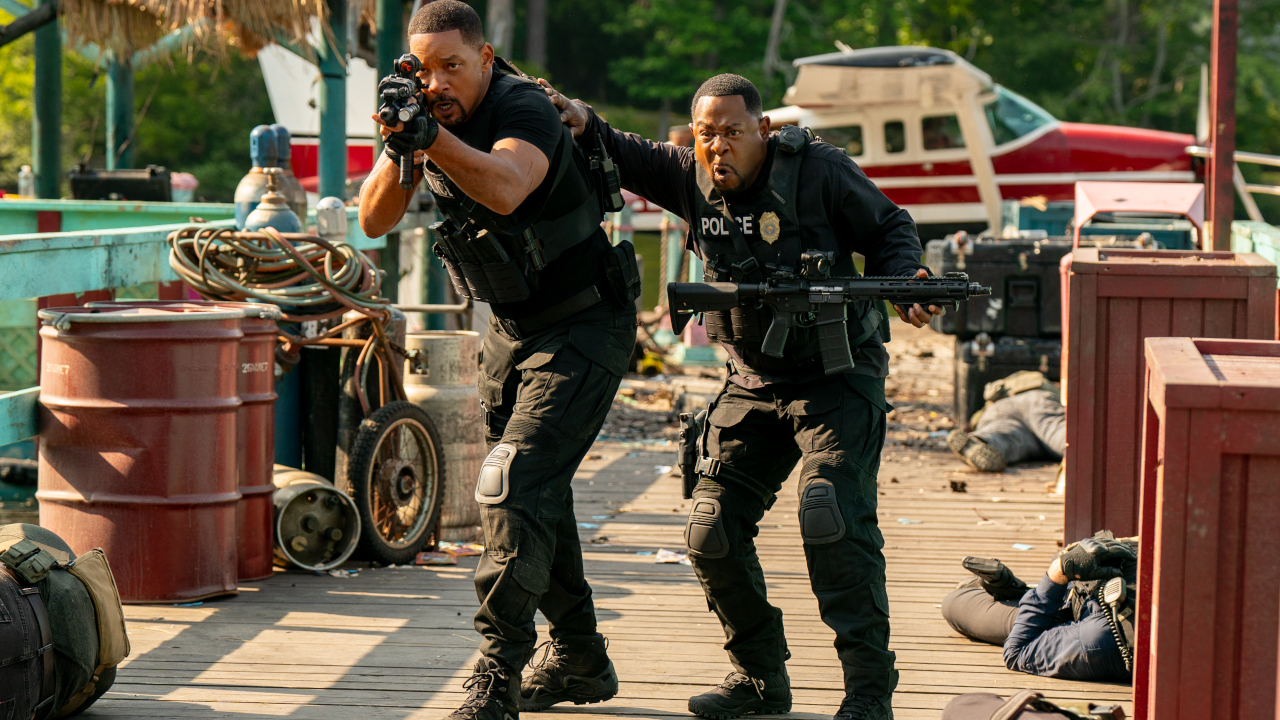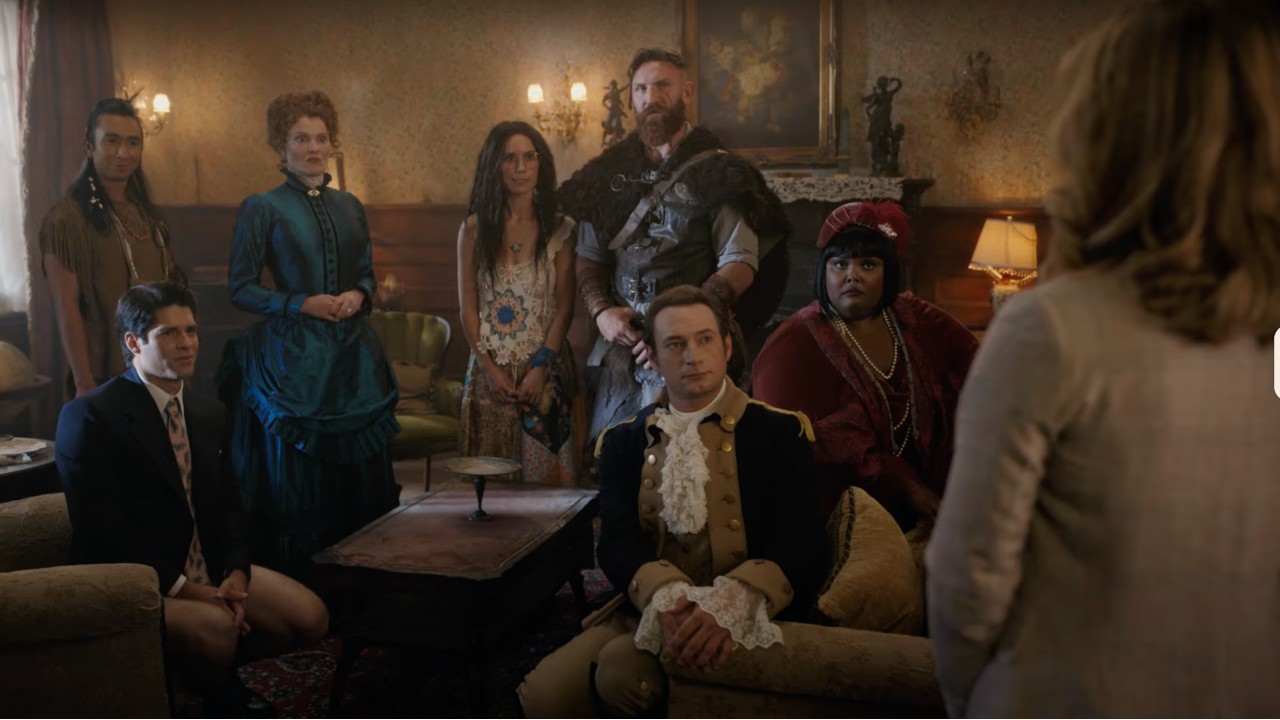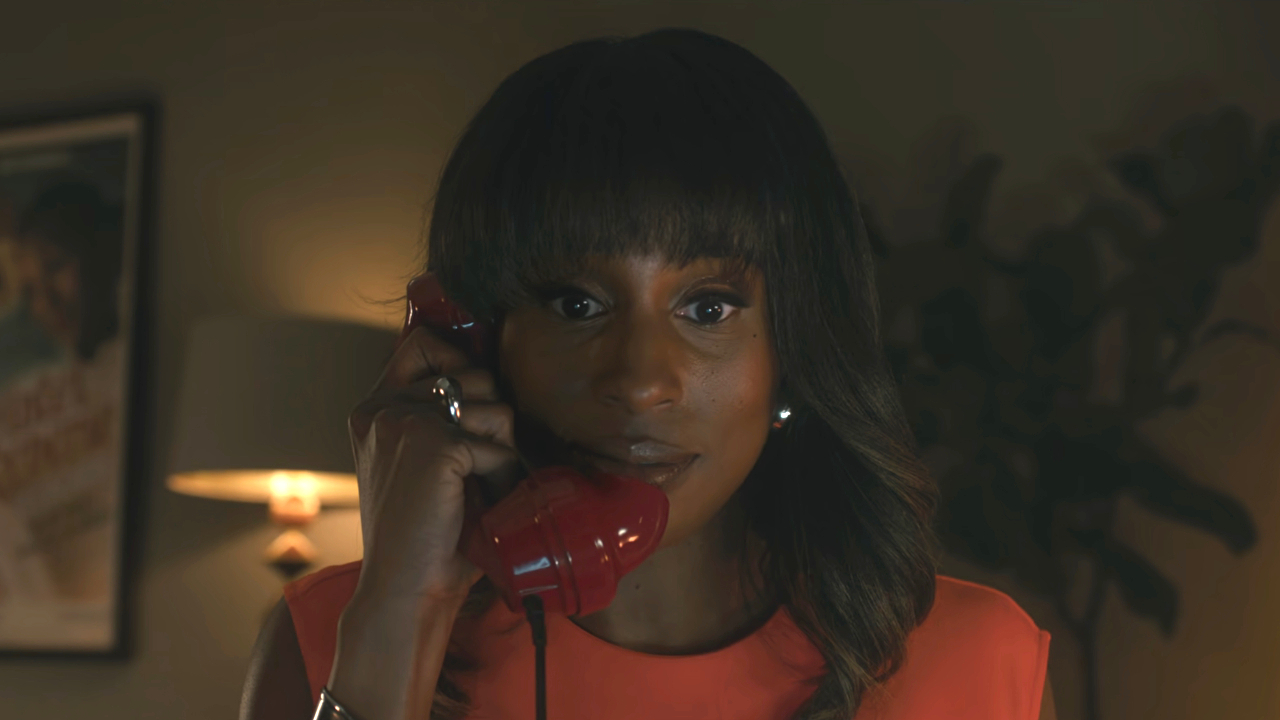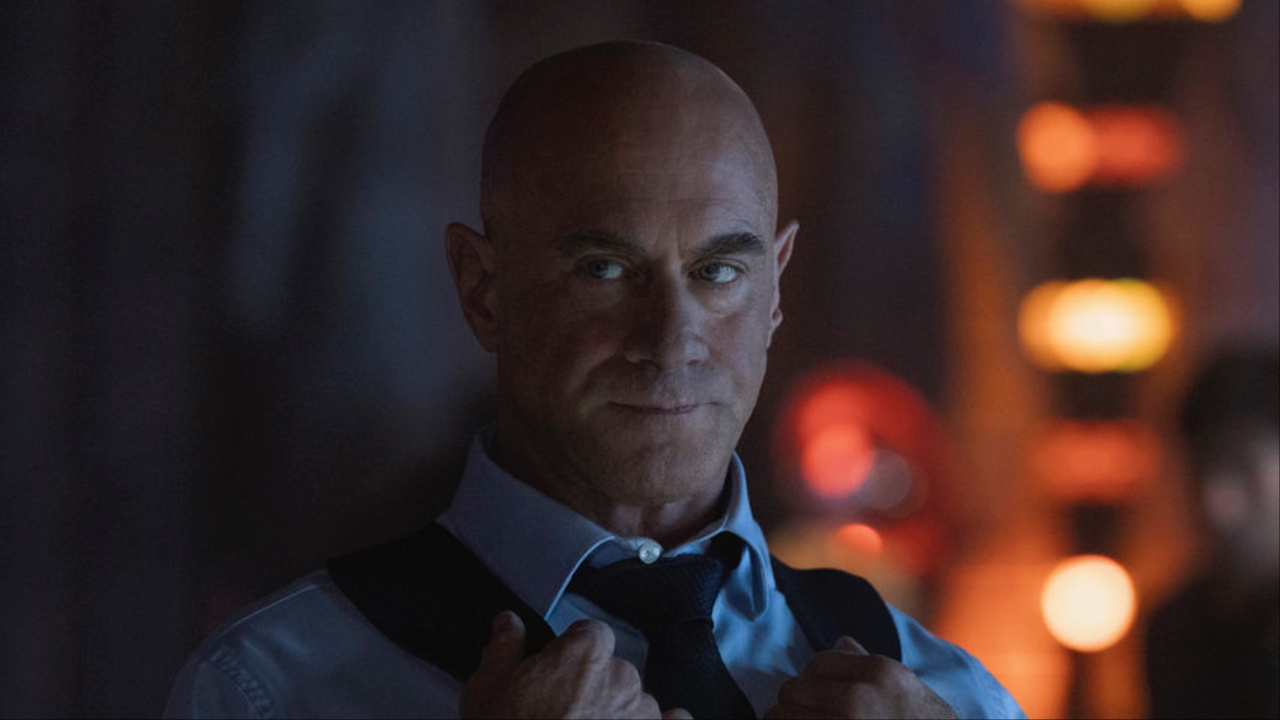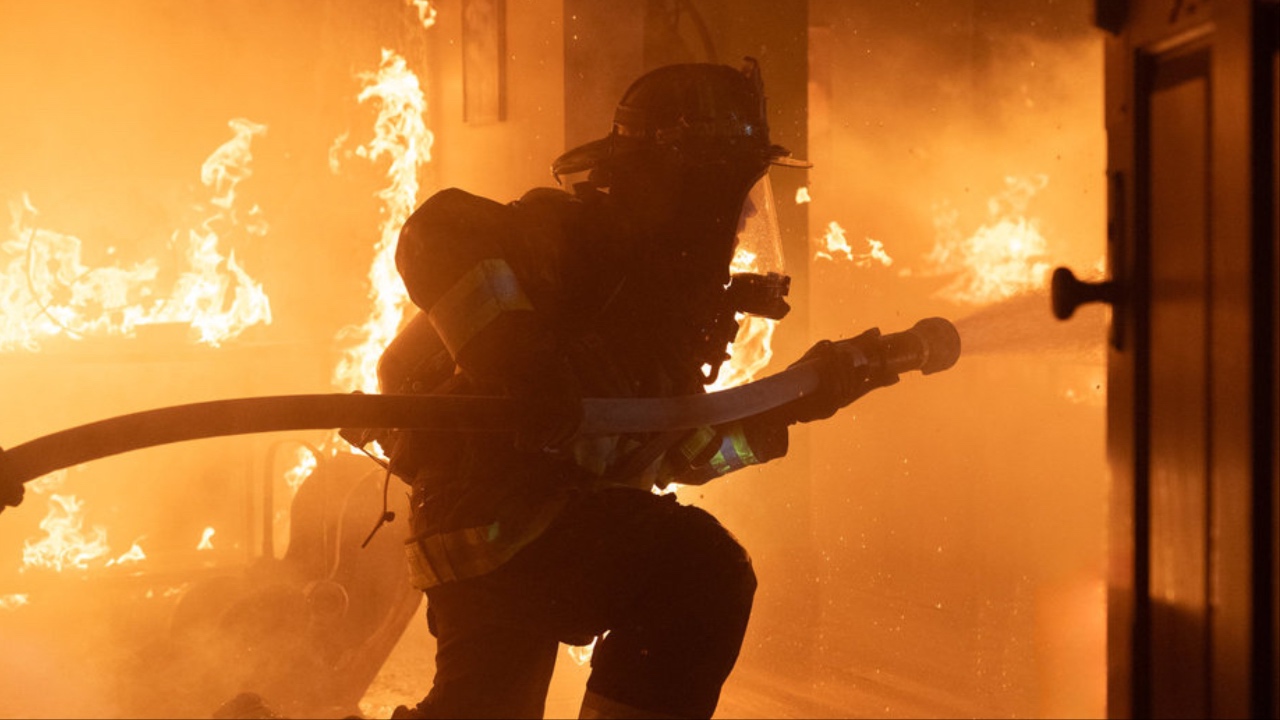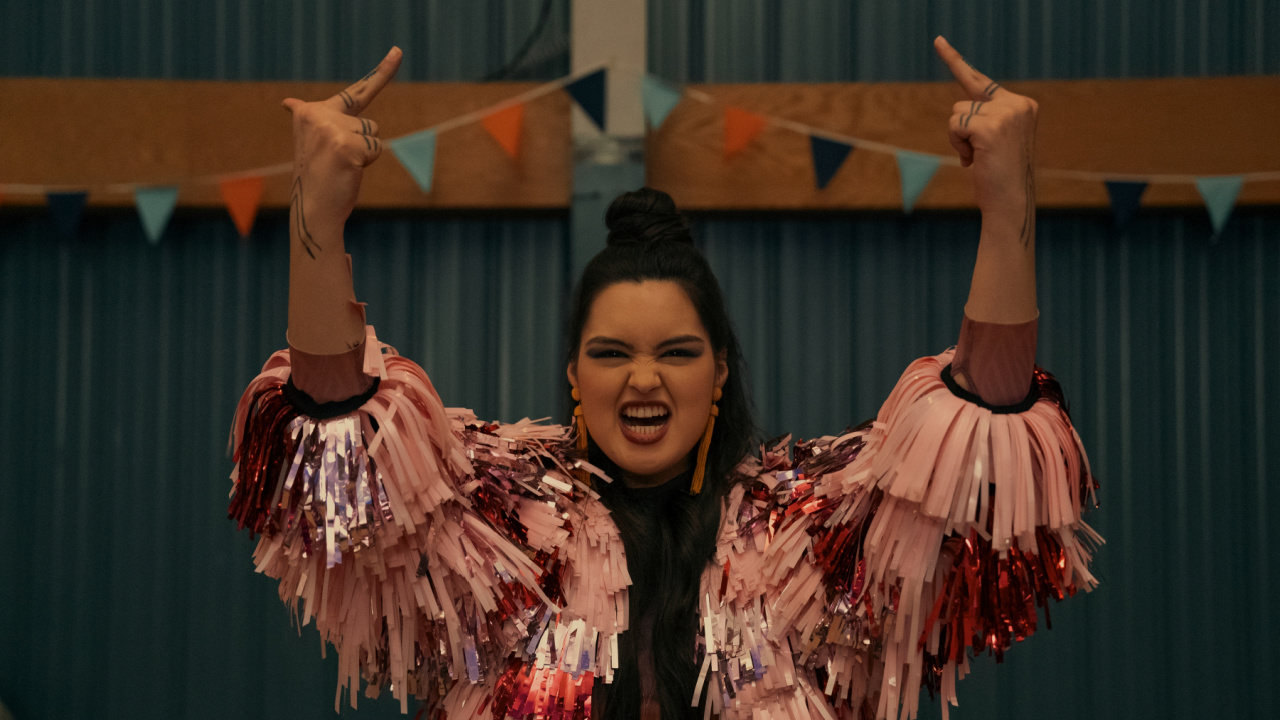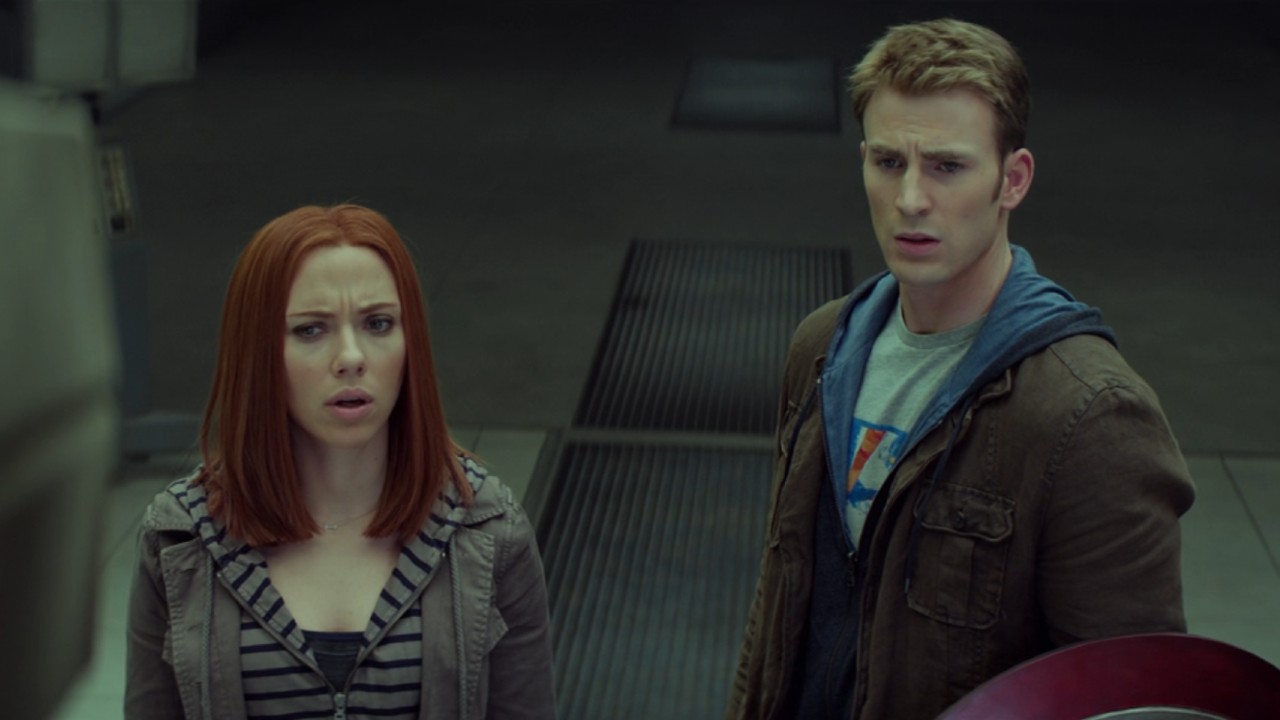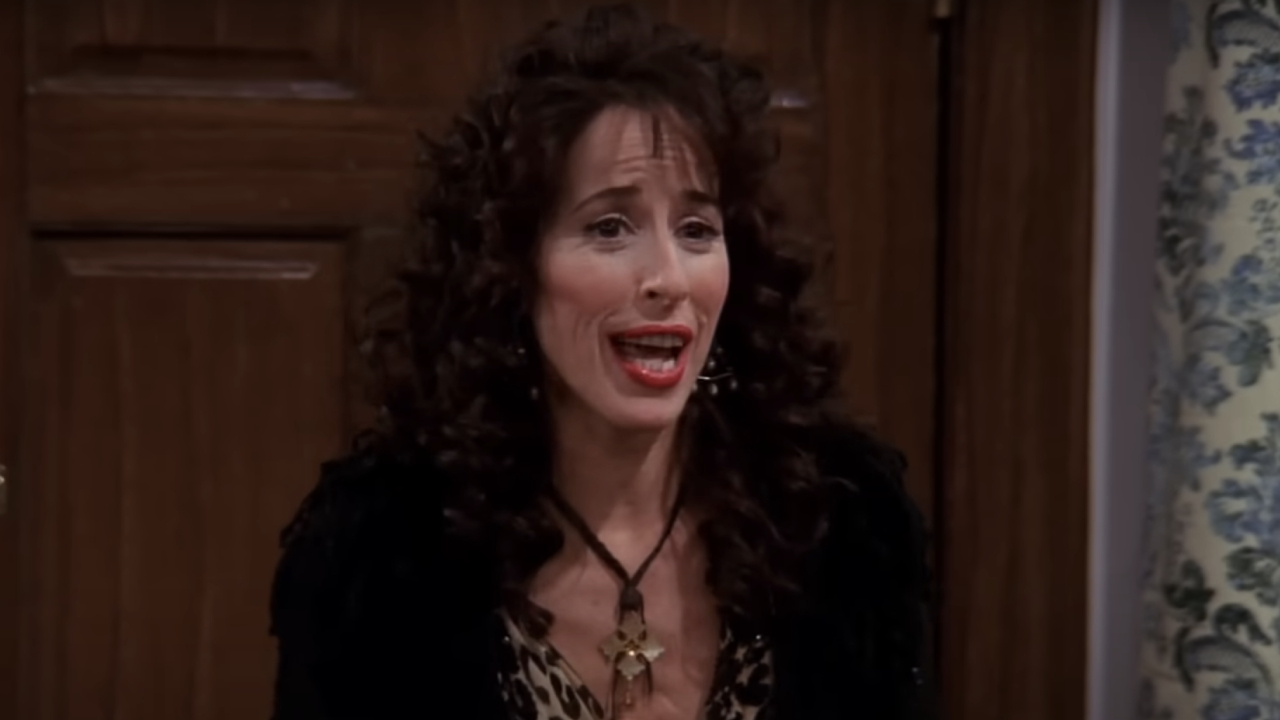Why Game Of Thrones Isn't Anti-Feminist, According To Emilia Clarke
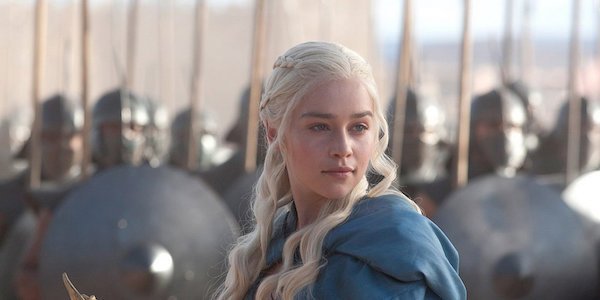
Game of Thrones is one of the most popular and large-scale television shows of all time. Because the HBO epic drama has such a large amount of viewers, it’s controversial decisions regarding characters are much more dissected and discussed. One of the common criticisms for Game Of Thrones is its depiction of women. The world that George R.R. Martin created has women mostly at a subservient role, and the violent reality of the show contains a ton of sexual abuse scenes. Because of this, the drama has been accused of being anti-feminist and of painting women in a poor light.
Emilia Clarke, who plays Daenerys Targaryen, recently spoke to EW regarding women’s portrayal in the show saying:
There’s so much controversy. Yet that’s what’s beautiful about Game of Thrones – it’s depiction of women in so many different stages of development. There are women depicted as sexual tools, women who have zero rights, women who are queens but only to a man, and then there are women who are literally unstoppable and as powerful as you can possibly imagine. So it pains me to hear people taking Thrones out of context with anti-feminist spin – because you can’t do that about this show. It shows the range that happens to women, and ultimately shows women are not only equal, but have a lot of strength.
The Mother of Dragons just shut the haters down. That’s how you Khaleesi with style. All joking aside, Emilia Clarke does have a valid point, and suffering and helplessness in Game of Thrones has never been exclusive to female characters. Let’s explore that concept a bit further.
One of the biggest arguments for Game of Thrones being anti-feminist is the common depiction of sexual assault. While this imagery is surely triggering for survivors and their loved ones, sexual abuse is a reality in the world of the show. As is pillaging, murder, sex work, and execution. The world itself is just plain brutal. And you can also argue that the threat of male sexual assault has been present. Theon Greyjoy was almost assaulted while trying to escape Ramsay’s torture chamber. Things even get worse for Theon as he is the victim of genital mutilation- an act that has (thankfully) never happened to a female character on the show. So overall, Game of Thrones is set in a world that accepts rape culture.
Regarding issues of power inequality, some of the most intelligent and powerful characters on the show are female. Margaery Tyrell, Cersei Lannister, and Oleanna Tyrell all use their political and strategic cunning to get what they want. We are also given warriors in Brienne and Arya. And the most powerful of all is Daenerys, who is seeking the Iron Throne without the help of a man.
Overall, Game of Thrones is an intensely violent and brutal show. The world is full of hatred and prejudice on all fronts: sex, sexual orientation, class, and race; essentially the darkness and problems with our reality are just exaggerated in this medieval world. Perhaps it is seeing our world’s issues on the show that is truly the most problematic aspect for people.
Game of Thrones returns to HBO April 24th, 2016.
CINEMABLEND NEWSLETTER
Your Daily Blend of Entertainment News
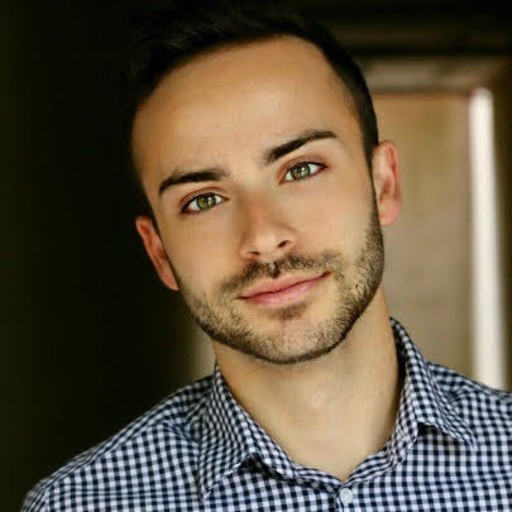
Corey was born and raised in New Jersey. Graduated with degrees theater and literature from Ramapo College of New Jersey. After working in administrative theater for a year in New York, he started as the Weekend Editor at CinemaBlend. He's since been able to work himself up to reviews, phoners, and press junkets-- and is now able to appear on camera with some of his favorite actors... just not as he would have predicted as a kid. He's particularly proud of covering horror franchises like Scream and Halloween, as well as movie musicals like West Side Story. Favorite interviews include Steven Spielberg, Spike Lee, Jamie Lee Curtis, and more.
'Winds Of Winter Is 13 Years Late.' George R.R. Martin Gets Honest About Not Finishing Game Of Thrones Books, But He Has Some Beef With The Critics
House Of The Dragon Has Been Planning A Huge Naval Battle For 3 Years, And I Totally Get Why They Hired Titanic's Production Manager For It

